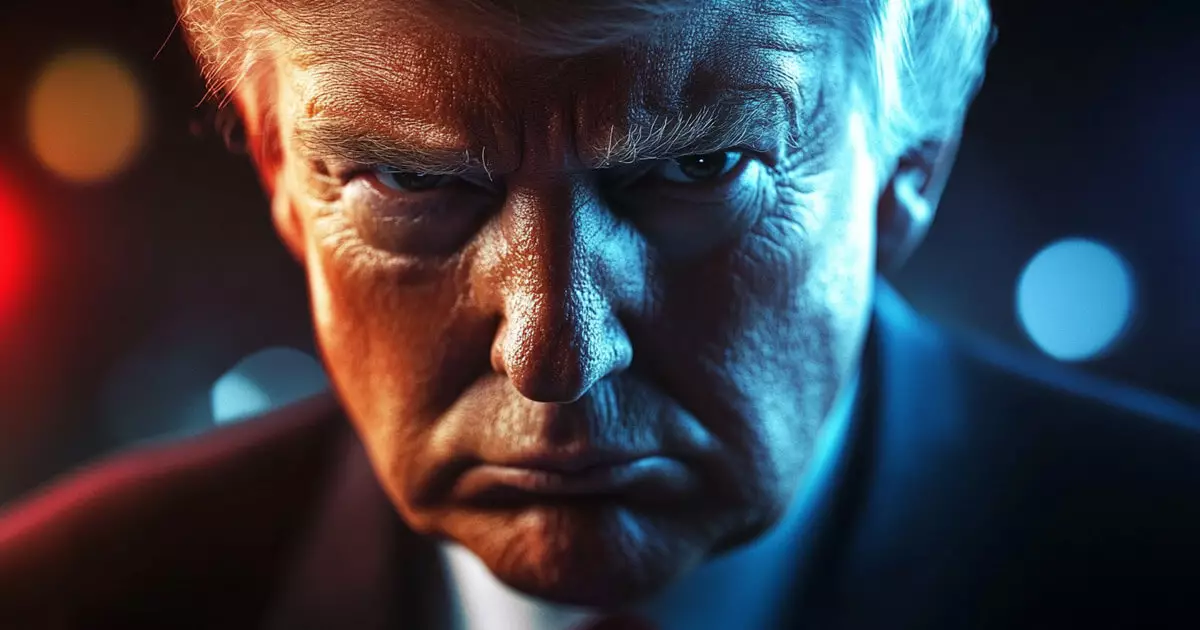The potential appointment of Paul Atkins as the next chair of the Securities and Exchange Commission (SEC) under President-elect Donald Trump has sparked much speculation and debate. While Atkins has been touted as a frontrunner for this significant position, recent reports indicate that he harbors reservations about taking on such a challenging role. The underlying complexities of leading the SEC and addressing the agency’s perceived dysfunction have raised critical questions about the future trajectory of federal oversight in financial markets.
Paul Atkins isn’t a newcomer to the SEC; he served as a commissioner from 2002 to 2008, offering him a substantial understanding of regulatory frameworks and market dynamics. His tenure provided him insights into both the opportunities and challenges that a regulatory agency confronts in a rapidly evolving financial landscape. However, greater than his experience are the concerns he has articulated regarding the current state of the SEC, previously led by Gary Gensler. Atkins reportedly regards the agency as mismanaged and indicates that substantial transformation would be mandatory if he were to accept the chairmanship.
Reports suggest that Atkins’s reluctance is not merely about the challenges he may face in the SEC but also reflects his existing commitments, particularly with his consulting firm, Patomak Global Partners. Should he take up the SEC chair role, he would have to divest from his business interests. This would require careful planning and timing to ensure that the consulting firm can function autonomously in his absence. Sources indicate that his decision may hinge on whether he believes that his business can thrive independently without his oversight directly following his potential appointment.
Notably, Chris Giancarlo, former chair of the Commodity Futures Trading Commission (CFTC), has emerged as a strong advocate for Atkins to assume the SEC chair position. Giancarlo argues that Atkins would be instrumental in restoring the agency’s credibility and effectiveness, particularly concerning the regulation of digital assets and the burgeoning cryptocurrency market. His insights underline the pressing need for reform within the SEC, a sentiment echoed by many industry participants who seek more agile and transparent governance.
With Atkins’ indecision, the prospect of alternative candidates for the SEC chair role is increasingly plausible. Among those mentioned are current SEC Commissioner Mark Uyeda and former CFTC Chair Heath Tarbert, with Robert Stebbins also being considered as potential contenders. The Trump administration’s willingness to explore various candidates suggests that the search for effective leadership will not be confined to one individual, thus providing an opportunity for new visions in regulatory reform and engagement with emerging financial technologies.
As the SEC stands at a crossroads, the uncertainty surrounding Paul Atkins’ potential appointment underscores broader challenges within the financial regulatory space. The future leadership of the SEC will not only influence the agency’s operational efficiency but also the direction of regulatory practices regarding innovative financial instruments. Policymakers and industry stakeholders alike await clarity on this appointment, recognizing that the right choice will have far-reaching consequences in the ever-evolving landscape of finance and technology.

